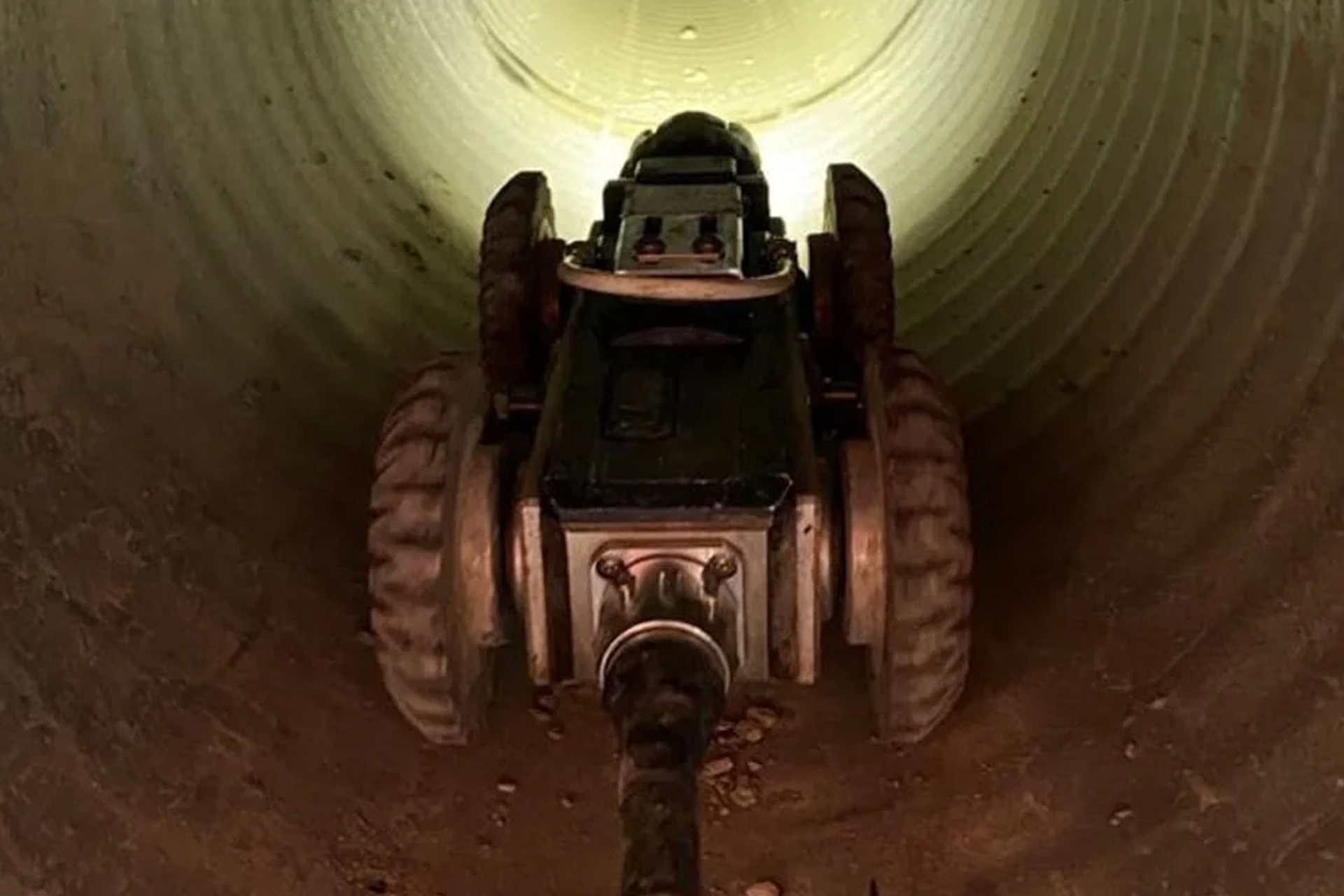The Reclaim Waste Ideas
The Reclaim Waste Ideas
Blog Article
Some Ideas on Reclaim Waste You Should Know
Table of ContentsReclaim Waste - QuestionsReclaim Waste Can Be Fun For Anyone6 Simple Techniques For Reclaim WasteSome Ideas on Reclaim Waste You Should KnowThe 3-Minute Rule for Reclaim Waste
Explore the kinds, events, and types of fluid waste. Residential sewage waste describes the waste and items from a household septic tank. This kind of waste is developed by humans in homes, colleges, and other buildings. This only consists of septic containers that have a drain field. The appropriate management and disposal of residential sewage waste require fluid waste to be transferred to a sewer treatment plant where the proper approaches and tools are put on cleanse and dispose of waste.
Business waste usually consists of possible risks, such as combustible products or a mixture of fluid and solid waste products, and requires a more innovative and thorough disposal process. The disposal of commercial waste normally involves the filtration of waste prior to transport to ensure secure and proper disposal. Hazardous waste is developed from results and runoff of industrial processes and manufacturing.
This sort of waste can not utilize the exact same sewage management transportation or processes as septic or industrial liquids. The industrial waste management process calls for the examination and testing of fluid waste prior to it undertakes the disposal procedure (liquid waste disposal melbourne). Runoff waste is the liquid waste that comes from drainage and excess stormwater in extremely populated locations or cities
Runoff waste can create contamination and flooding otherwise handled appropriately. Find out more concerning sewer cleansing and waste monitoring. Making sure proper waste monitoring can stop calamities and decrease ecological harm. Both people in residential settings and specialists in industrial or production sectors can take advantage of comprehending the procedures and policies of fluid waste management.
The Only Guide to Reclaim Waste
Get in touch with PROS Providers today to learn concerning our waste monitoring and disposal services and the correct ways to care for the fluid waste you produce.
(https://www.storeboard.com/reclaimwaste2)This supposed 'wastewater' is not just an important resource yet, after treatment, will certainly be released to our land, waterways or the sea. Used water from commodes, showers, bathrooms, cooking area sinks, laundries and commercial procedures is understood as wastewater.

water used to cool equipment or clean plant and devices). Stormwater, a form of wastewater, is overflow that flows from farming and urban areas such as roofings, parks, gardens, roads, paths and seamless gutters right into stormwater drains, after rainfall. Stormwater flows without treatment directly to neighborhood creeks or rivers, ultimately reaching the sea.
8 Simple Techniques For Reclaim Waste
In Queensland, most wastewater is treated Check Out Your URL at sewer therapy plants. Wastewater is delivered from residential or commercial websites through a system of drains and pump terminals, recognized as sewerage reticulation, to a sewage treatment plant.
The Department of Natural Resources encourages city governments regarding handling, operating and preserving sewerage systems and treatment plants. In unsewered areas, city governments may need householders to set up individual or household sewer therapy systems to deal with residential wastewater from bathrooms, kitchen areas, shower rooms and washings. The Division of Natural Resources authorises making use of household systems when they are verified to be reliable.
In some new subdivisions, treatment of some stormwater to remove litter, sand and gravel has begun using gross contaminant traps. Wastewater treatment takes place in 4 stages: Eliminates solid matter.
Wastewater after that flows into large containers where solids clear up and are eliminated as sludge. Grease and scum are skimmed from the surface. Makes use of small living microorganisms knows as micro-organisms to break down and eliminate staying dissolved wastes and great bits. Micro-organisms and wastes are integrated in the sludge. Eliminates nitrogen and phosphorus nutrients that could trigger algal blossoms in our rivers and intimidate marine life.
The Reclaim Waste Statements
Nutrient elimination is not offered at all sewage therapy plants since it needs expensive specialized tools. Clear liquid effluent produced after therapy may still contain disease-causing micro-organisms - liquid waste disposal.

This typically indicates wastewater has actually to be treated or impurities eliminated prior to it can be discharged to waterways. A lot of wastewater moves into the sewage system. Under the Act, city governments carry out approvals and licences for environmentally relevant activities (Ages) entailing wastewater launches that might have a neighborhood effect. The department provides authorizations and licences to Periods entailing wastewater launches that could have a local or statewide influence.
The Buzz on Reclaim Waste
Otherwise, samples are considered research laboratory analysis. Commonly many tests are required to establish the levels of each of the different pollutants such as oils, hefty metals and pesticides in water. Surveillance provides accurate info regarding water quality and can validate that permit problems are being met. The info obtained through tracking provides the basis for making water quality choices.
Report this page